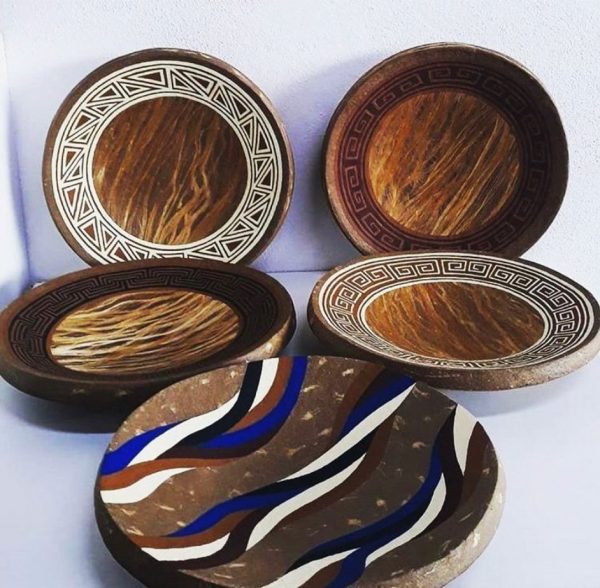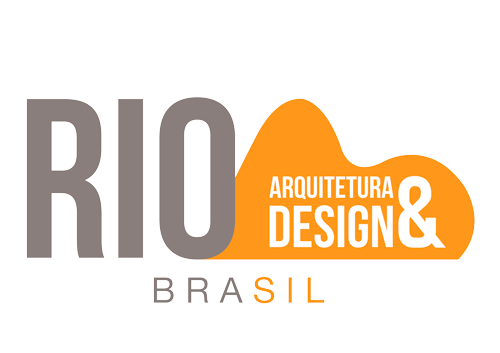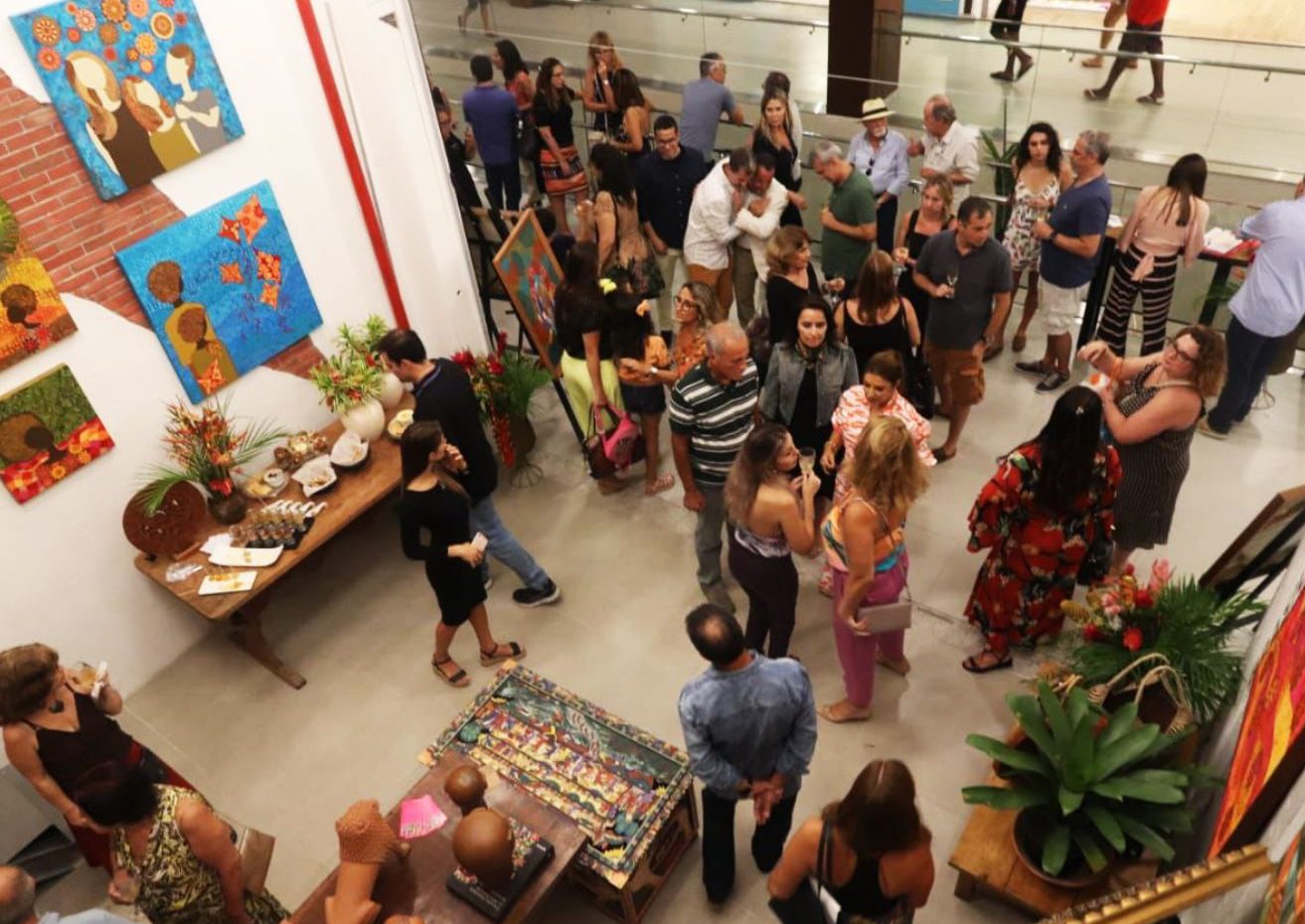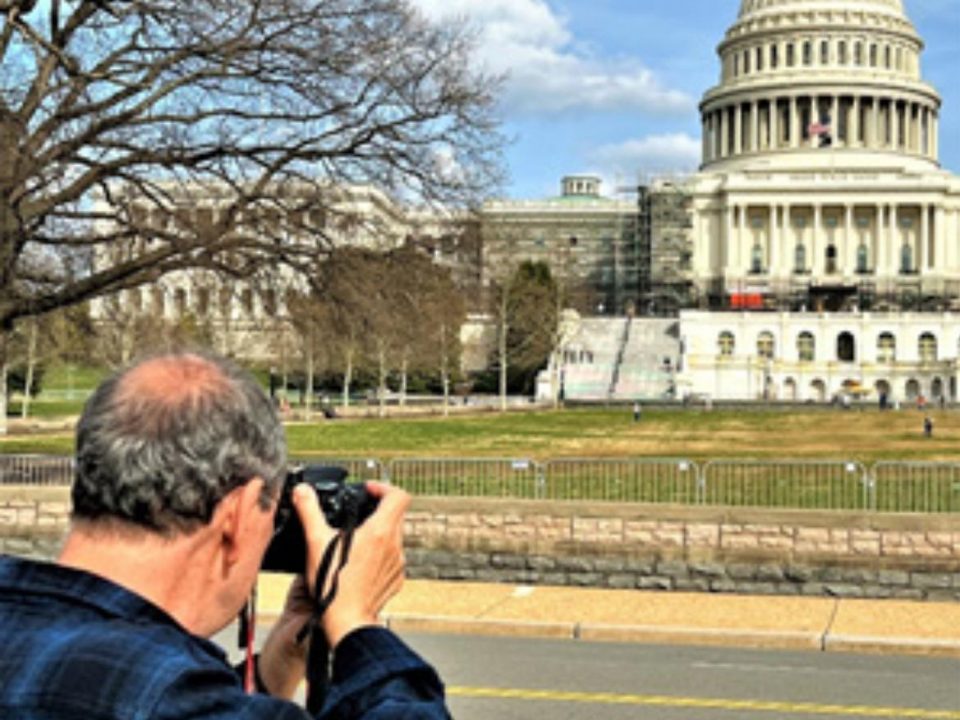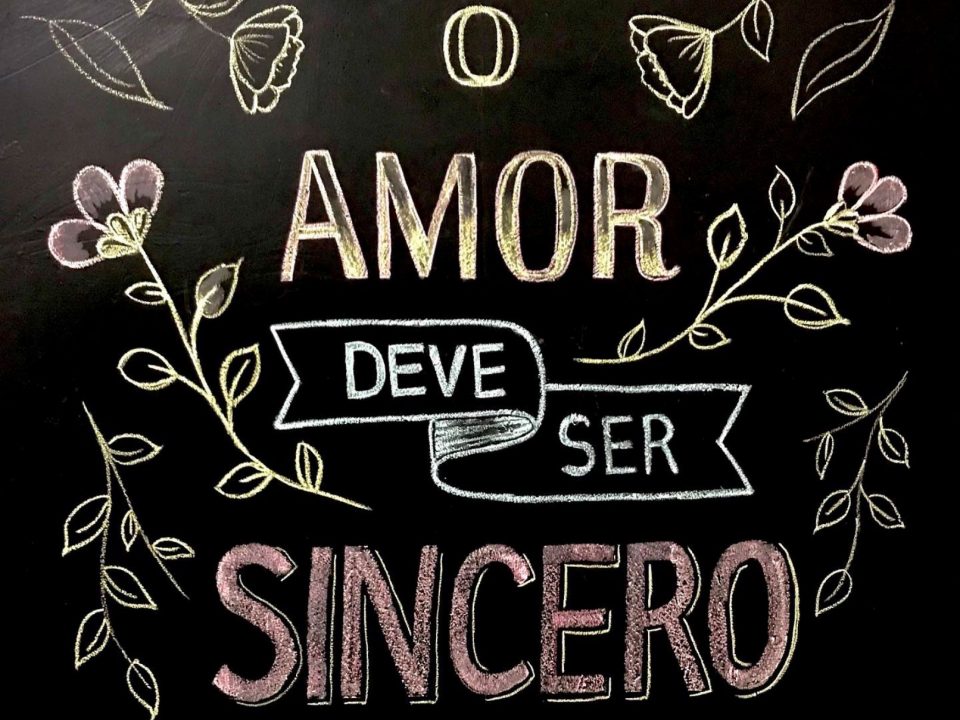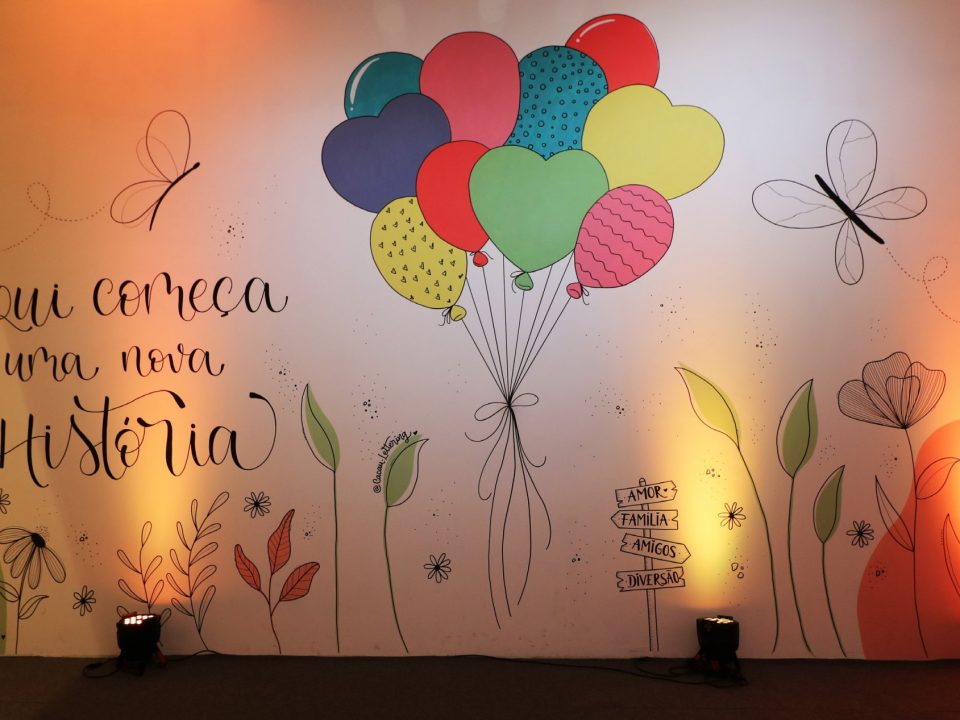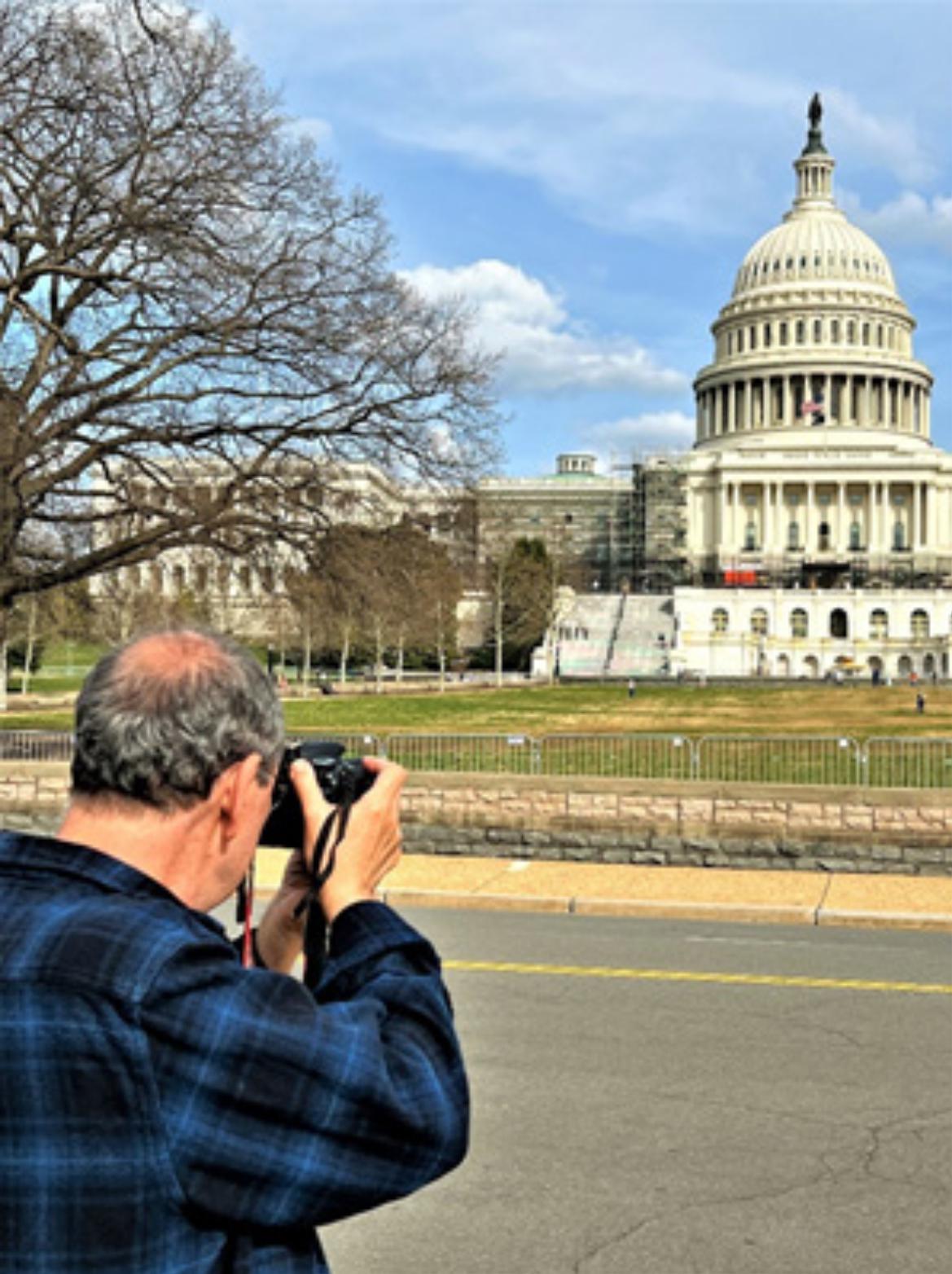
Fine Art como um novo conceito
18 de abril de 2022Fátima Simões trabalha movida pela paixão de difundir a arte popular brasileira
Texto & Versão para o Inglês | Gabrielle Brito
Fotografia | Leandro Braz

C
uritibana e formada em administração e
business, Fátima é apaixonada pela arte
desde criança. Vindo de uma família de
comerciantes, ela conheceu a responsabilidade e a
disciplina desde bem jovem, ao trabalhar no ramoda família, mas foi através de sua mãe, a empresária Aura Maria da Costa Simões que teve a oportunidade de desenvolver o seu amor de uma vidainteira pela arte brasileira.
A jornada de Fátima começou quando nos anos 80, sua mãe viajou para a Bahia de férias elá comprou um caminhão de produtos que viria a vender. Aquela feira em Caruaru mudaria asua vida para sempre, afinal, foi quando surgiu a primeira loja Arunã, que desafiou o mercado da época, este que ainda tão conservador e dominado pela influência europeia: “Foi uma luz interior que se revelou em mim quando visitei aquela feira no nordeste”, explica Fátima, que costumava brincarque toda menina ganha uma viagem para a Disney, mas para ela, ir ao interior do país realmenteabriu horizontes, trazendo conhecimento do Brasil e suas raízes, sua cultura e sua arte.
A jornada de Fátima começou quando nos anos 80, sua mãe viajou para a Bahia de férias elá comprou um caminhão de produtos que viria a vender. Aquela feira em Caruaru mudaria asua vida para sempre, afinal, foi quando surgiu a primeira loja Arunã, que desafiou o mercado da época, este que ainda tão conservador e dominado pela influência europeia: “Foi uma luz interior que se revelou em mim quando visitei aquela feira no nordeste”, explica Fátima, que costumava brincarque toda menina ganha uma viagem para a Disney, mas para ela, ir ao interior do país realmenteabriu horizontes, trazendo conhecimento do Brasil e suas raízes, sua cultura e sua arte.
A história de Fátima com a arte popular brasileira não parou por ali; eles chegaram depois a São
Paulo, em shopping centers e aeroportos, e então até mesmo no aeroporto Santos Dumont no Rio de
Janeiro, onde com orgulho se tornaram uma “vitrine para o mundo”, como ela gosta de dizer. “Eu tenhoa percepção que o trabalho é um privilégio, principalmente quando fazemos o que gostamos e acreditamos”, explica. A formação em business, trouxe essa percepção de Fátima Simões: “sinto a necessidadede divulgar e mostrar o potencial do nosso país. Costumo dizer que para entender o Brasil é preciso
conhecer sua cultura, seus costumes. Somos um país de diversidade linda e com tantas influências, com
uma arte tão única, criativa, intensa e bonita”, pondera ela.
É essa paixão pela arte que traz para Fátima o grande diferencial de seu trabalho. Essa filosofia é claramente demonstrada em seu slogan, “Conheça, Colecione e Presenteie com a Arte Popular Brasileira”. Fátimapontua sua influência na comunidade como geração de renda para aqueles que vivem do artesanato, e a valorização da nossa cultura.
É essa paixão pela arte que traz para Fátima o grande diferencial de seu trabalho. Essa filosofia é claramente demonstrada em seu slogan, “Conheça, Colecione e Presenteie com a Arte Popular Brasileira”. Fátimapontua sua influência na comunidade como geração de renda para aqueles que vivem do artesanato, e a valorização da nossa cultura.
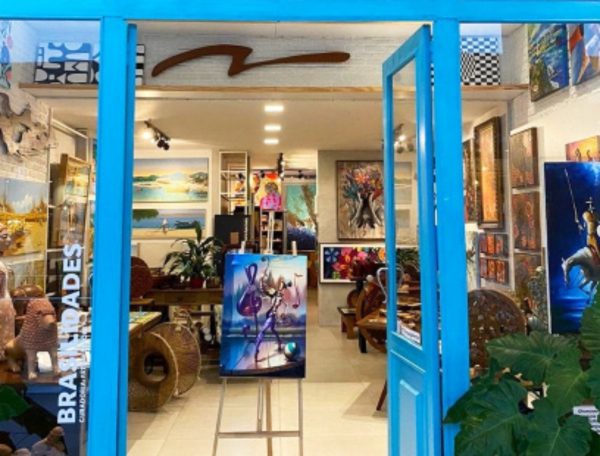
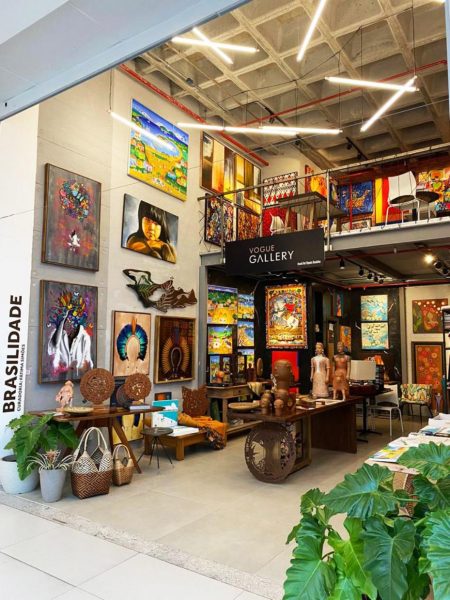
“A arte tem capacidade de se comunicar sem palavras, transpassando barreiras linguísticas. Cadaarte tem uma história por trás, e conhecer essa história é justamente o que torna cada uma delas maisespecial”, afirma Fátima que faz questão de valorizar essa individualidade inerente de cada obra;independente de qual forma de arte seja:
“O fazer artístico revela manifestações do ser humano em relação à vida, ao universo, às suaspróprias emoções e experiências. A arte está diretamente ligada à essência humana, à força criadoraque move e conecta as pessoas. Se a sociedade é feita de pessoas, logo, ela é feita de arte”, diz ela.
Fátima também expõe os seus pensamentos sobre o mundo pós-pandemia, e como tudoestá em um processo de ressignificação: “Muitos estão repensando prioridades, tentando um novo recomeço, um novo olhar. Temos que voltar a nos sensibilizar por todos aqueles que querem deixareste mundo mais bonito, mais humano e mais feliz”. É nesse contexto que ela explica a necessidadede criar ambientes aconchegantes, bonitos e alegres, para que possam trazer uma sensação maiorde bem-estar e felicidade, e é isso que a motiva a continuar a sua jornada de proporcionar espaços para difundir a cultura popular brasileira.
“O fazer artístico revela manifestações do ser humano em relação à vida, ao universo, às suaspróprias emoções e experiências. A arte está diretamente ligada à essência humana, à força criadoraque move e conecta as pessoas. Se a sociedade é feita de pessoas, logo, ela é feita de arte”, diz ela.
Fátima também expõe os seus pensamentos sobre o mundo pós-pandemia, e como tudoestá em um processo de ressignificação: “Muitos estão repensando prioridades, tentando um novo recomeço, um novo olhar. Temos que voltar a nos sensibilizar por todos aqueles que querem deixareste mundo mais bonito, mais humano e mais feliz”. É nesse contexto que ela explica a necessidadede criar ambientes aconchegantes, bonitos e alegres, para que possam trazer uma sensação maiorde bem-estar e felicidade, e é isso que a motiva a continuar a sua jornada de proporcionar espaços para difundir a cultura popular brasileira.
“Ao começar um trabalho, procuro sempre
evidenciar a brasilidade na curadoria das obras edesmistificar a ideia de que arte não é acessível, temos muitos artistas maravilhosos”, Fátima revela.Ela também conta alguns desafios do trabalho - em
especial, se adequar à área digital mantendo todosos traços e características únicas das raízes brasileiras. Mas o desafio vale a pena, pois trabalhar comarte ainda é a sua maior paixão; ao falar de planos
para o futuro, Fátima Simões pretende continuar
fazendo o seu ofício com bastante dedicação:
“É por meio da arte que o ser humano consegue dividir suas experiências e compartilhar sentimentos com todos aqueles que se permitirem. A arte é livre e não pode ser imposta, e é preciso estar disposto a receber e sentir o seu significado, que sempre será pessoal e íntimo. Tanto o artista que cria a obra quanto a audiência que a aprecia; ambos participam do processo de expressão do ser humano”, ela afirma.
Hoje o shopping Vogue Square se tornou ponto de referência no apoio e na divulgação de arte, e para Fátima, ter parceiros que compartilham de sua visão é fundamental para uma sociedade com maisvalores culturais. “Através da Vogue Gallery Brasil tenho o propósito de continuar nesta missão!”, ela diz.
“É por meio da arte que o ser humano consegue dividir suas experiências e compartilhar sentimentos com todos aqueles que se permitirem. A arte é livre e não pode ser imposta, e é preciso estar disposto a receber e sentir o seu significado, que sempre será pessoal e íntimo. Tanto o artista que cria a obra quanto a audiência que a aprecia; ambos participam do processo de expressão do ser humano”, ela afirma.
Hoje o shopping Vogue Square se tornou ponto de referência no apoio e na divulgação de arte, e para Fátima, ter parceiros que compartilham de sua visão é fundamental para uma sociedade com maisvalores culturais. “Através da Vogue Gallery Brasil tenho o propósito de continuar nesta missão!”, ela diz.

ART FAR AND WIDE
Fátima Simões works driven by the passion to spread Brazilian popular art.
Tex & Version for Inglês | Gabrielle Brito
Photographes | Leandro Braz
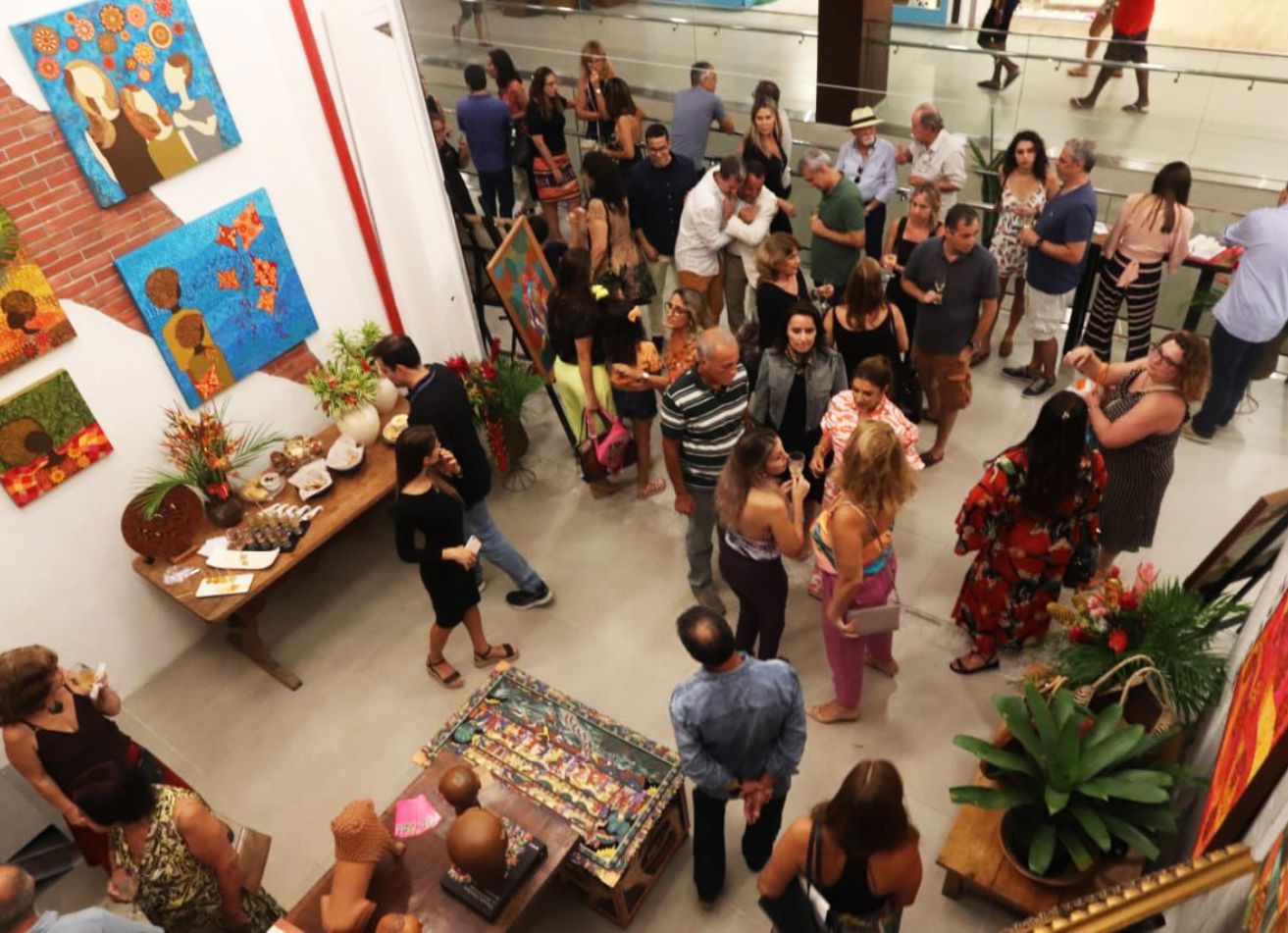
F
átima was born in Curitiba,Brazil and graduated in business administration, but from avery young age she had been in love
with art. Coming from a family of
businessmen, she knew responsibilityand discipline ever since she was little, and it was through her mother, theentrepreneur Aura Maria da Costa Simões, that she truly had the opportunity to develop such lifelong love forBrazilian culture.
Fatima’s journey began when in the 1980’s, her mother traveled to the Brazilian state of Bahia on vacation and bought a truckload of products that she would later sell. That fair in Caruaru would forever changeher life, for it was when the first Arunã store opened, challenging the market of the time, which was still very
conservative and dominated by the European influence: “It was an inner light what revealed within me when
I visited that fair in the northeast,” explains Fatima, who used to joke that “every girl gets a trip to Disney, but
going to her nation’s countryside was what really opened (her) horizons, bringing her knowledge of Brazil and
its roots, its culture, and its art”.
Fatima’s story with Brazilian popular art didn’t stop there though; they later arrived in São Paulo, in shopping malls and airports, and then even at Santos Dumont airport in Rio de Janeiro, where they proudly became a “showcase to the world,” as she likes to say. “I have the perception that work is a privilege, especially when we do what we like and believe in,” Fátima explains. Being graduated in business was what brought this perception to her: “I feel the need to spread and show the potential of my country. I often say that to understand Brazil it is necessary to know its culture, its customs. We are a country of beautiful diversity and so many influences, with such a unique, creative, intense, and beautiful art”.
It’s Fátima’s passion for Brazilian art that really acts as the distinguishing aspect in her works - a philosophy so clearly demonstrated in her slogan, “Know, Collect, and Gift with Brazilian Popular Art”. Fatimaalso points out her influence in the community, such as bringing visibility and income to those who live off of handicrafts, as well as the appreciation of such culture.
“Art holds the power of communication without words, crossing language barriers. Each artwork has astory behind it, and knowing this story is precisely what makes each one of them more special,” she says, bringing attention to valuing the inherent individuality of each work, regardless of what form of art it is: “Making
Fatima’s story with Brazilian popular art didn’t stop there though; they later arrived in São Paulo, in shopping malls and airports, and then even at Santos Dumont airport in Rio de Janeiro, where they proudly became a “showcase to the world,” as she likes to say. “I have the perception that work is a privilege, especially when we do what we like and believe in,” Fátima explains. Being graduated in business was what brought this perception to her: “I feel the need to spread and show the potential of my country. I often say that to understand Brazil it is necessary to know its culture, its customs. We are a country of beautiful diversity and so many influences, with such a unique, creative, intense, and beautiful art”.
It’s Fátima’s passion for Brazilian art that really acts as the distinguishing aspect in her works - a philosophy so clearly demonstrated in her slogan, “Know, Collect, and Gift with Brazilian Popular Art”. Fatimaalso points out her influence in the community, such as bringing visibility and income to those who live off of handicrafts, as well as the appreciation of such culture.
“Art holds the power of communication without words, crossing language barriers. Each artwork has astory behind it, and knowing this story is precisely what makes each one of them more special,” she says, bringing attention to valuing the inherent individuality of each work, regardless of what form of art it is: “Making

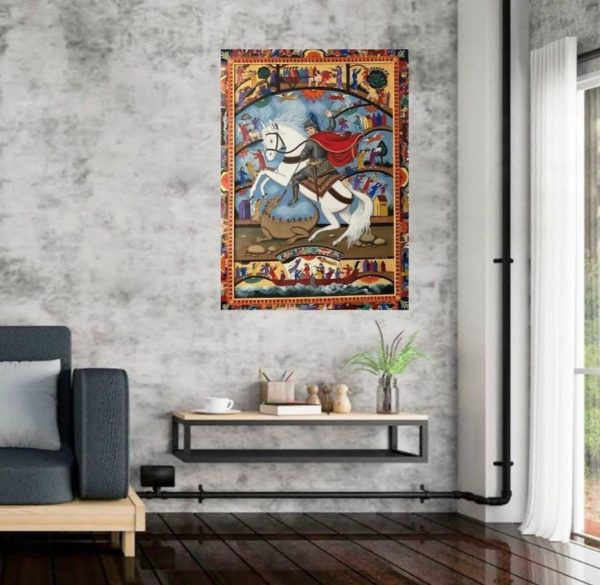
art is how human beings express their sentiments in relation life, or the universe, or even their own emotions
and experiences. Art is directly linked to the human essence, to the creative force that moves and connects
people. And if society is made of people, then it’s made of art,”.
Fine Art, due to being created from digital images, also contributes to the growth of other work markets, such as: Photographic Materials, Fine Art Printing, Framing, Transportation, Exhibitions, Galleries, Added Products, and Courses, generating opportunities for partnerships. “New contacts, partnerships, and hiring will bring my work and my view of nature further and further, to where I envision it”, explains Si Cavalcanti.
Fatima also exposes her thoughts about the post-pandemic world, and how everything is in a process of re-signification: “Many are rethinking priorities, trying a new beginning, a new look. We have to become sensitive again for all those who want to make this world more beautiful, more human, and more happy. It is in this context that she explains the need to create cozy, beautiful, and cheerful environments, so that they can bring a greater sense of well-being and happiness, and this is what motivates her to continue her journey of providing spaces to further spread all of Brazilian popular culture.
“When I start a work, I always try to highlight how “Brazilian-esque” it is in their curation while demystifying the idea that art is something inaccessible. We have many wonderful artists,” Fatima reveals. She alsotells about some of the challenges of the work - in particular, adapting to the digital area while maintaining all the traces and unique characteristics of the Brazilian roots. - And yet the challenge is worth it, because working with art is still her greatest passion.
Fine Art, due to being created from digital images, also contributes to the growth of other work markets, such as: Photographic Materials, Fine Art Printing, Framing, Transportation, Exhibitions, Galleries, Added Products, and Courses, generating opportunities for partnerships. “New contacts, partnerships, and hiring will bring my work and my view of nature further and further, to where I envision it”, explains Si Cavalcanti.
Fatima also exposes her thoughts about the post-pandemic world, and how everything is in a process of re-signification: “Many are rethinking priorities, trying a new beginning, a new look. We have to become sensitive again for all those who want to make this world more beautiful, more human, and more happy. It is in this context that she explains the need to create cozy, beautiful, and cheerful environments, so that they can bring a greater sense of well-being and happiness, and this is what motivates her to continue her journey of providing spaces to further spread all of Brazilian popular culture.
“When I start a work, I always try to highlight how “Brazilian-esque” it is in their curation while demystifying the idea that art is something inaccessible. We have many wonderful artists,” Fatima reveals. She alsotells about some of the challenges of the work - in particular, adapting to the digital area while maintaining all the traces and unique characteristics of the Brazilian roots. - And yet the challenge is worth it, because working with art is still her greatest passion.

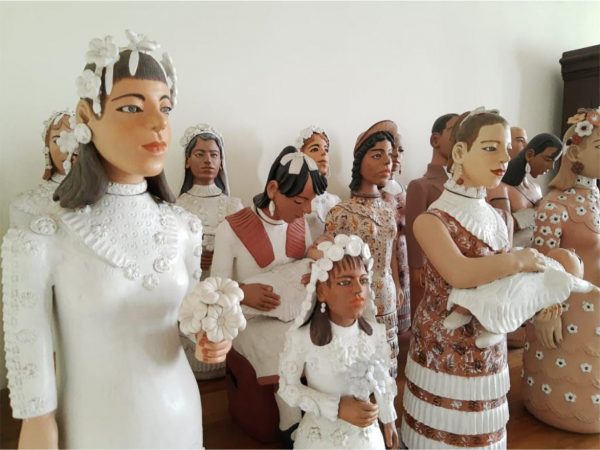
“When I start a work, I always try to
highlight how “Brazilian-esque” it is in their
curation while demystifying the idea that art issomething inaccessible. We have many wonderful artists,” Fatima reveals. She also tells aboutsome of the challenges of the work - in particular, adapting to the digital area while maintaining all the traces and unique characteristicsof the Brazilian roots. - And yet the challenge
is worth it, because working with art is still her
greatest passion.
While discussing plans for the future, Fátima Simões intends to continue doing her job with a lot of dedication: “It is through artthat the human beings can share their experiences and feelings with all those who allowthemselves so. Art is free and cannot be imposed, and one must be willing to accept, feel andunderstand its meaning, which will always bepersonal and intimate. Both the artist who creates the work and the audience that appreciates itare participants in the process of expression of humanity” she says.
Today the Vogue Square shopping center has become a reference point in the support andpromotion of art, and for Fatima, having partners that share her vision is fundamental fora society with more cultural values. “ThroughVogue Gallery Brasil I have the purpose to continue in this mission!”, she says.
While discussing plans for the future, Fátima Simões intends to continue doing her job with a lot of dedication: “It is through artthat the human beings can share their experiences and feelings with all those who allowthemselves so. Art is free and cannot be imposed, and one must be willing to accept, feel andunderstand its meaning, which will always bepersonal and intimate. Both the artist who creates the work and the audience that appreciates itare participants in the process of expression of humanity” she says.
Today the Vogue Square shopping center has become a reference point in the support andpromotion of art, and for Fatima, having partners that share her vision is fundamental fora society with more cultural values. “ThroughVogue Gallery Brasil I have the purpose to continue in this mission!”, she says.
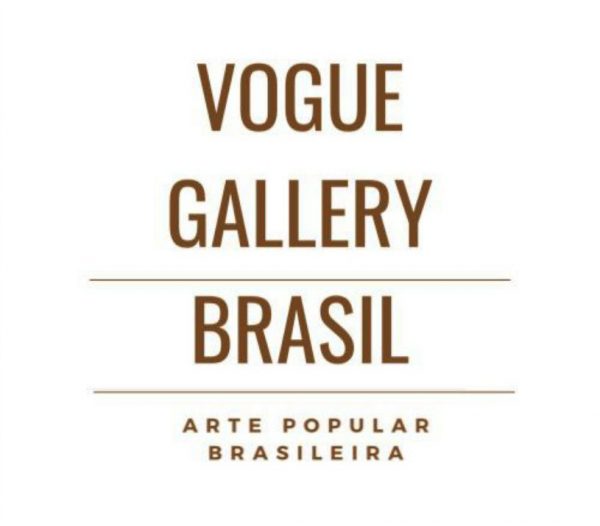
Shopping Vogue Square | Rio de Janeiro
Barra da Tijuca
@voguegallerybr
+55 21 99922-3365
